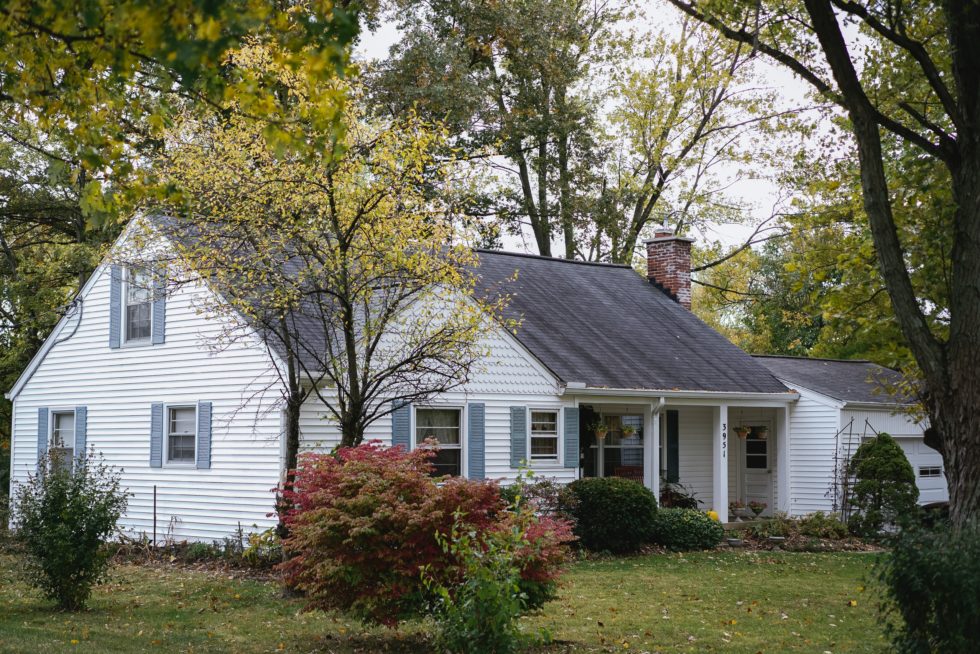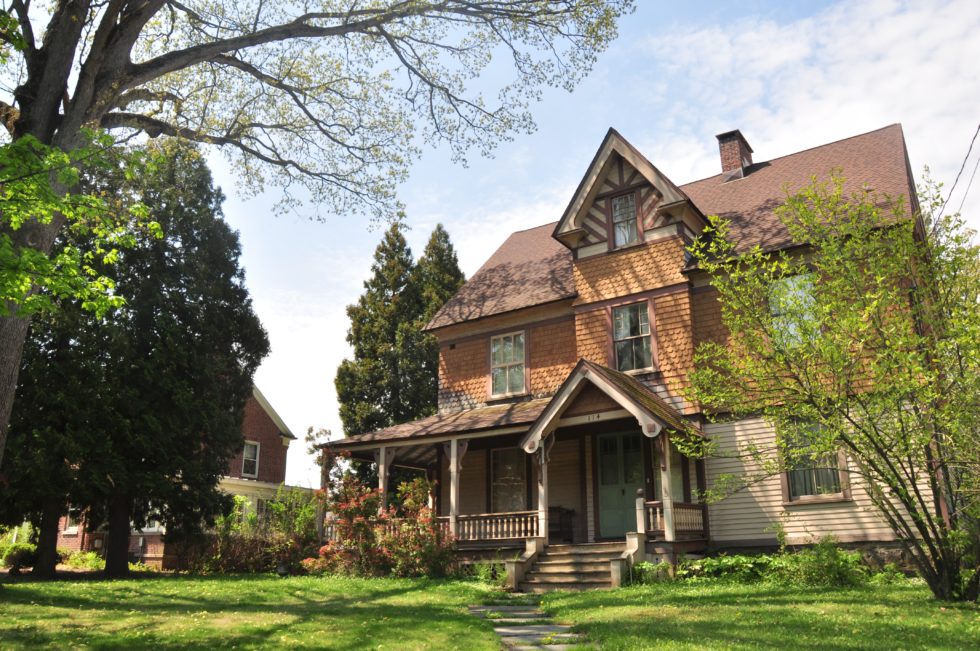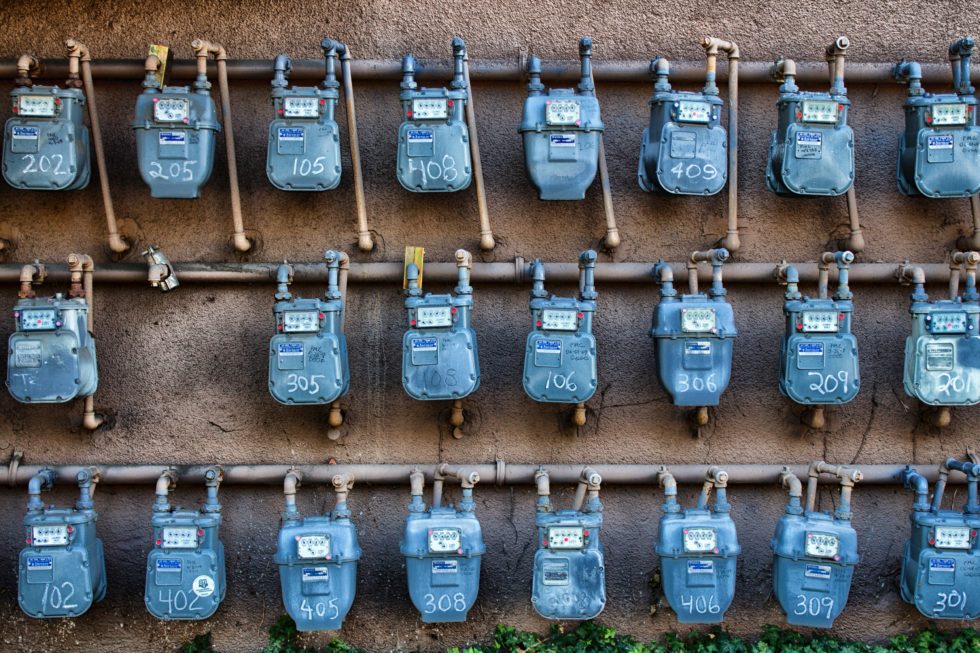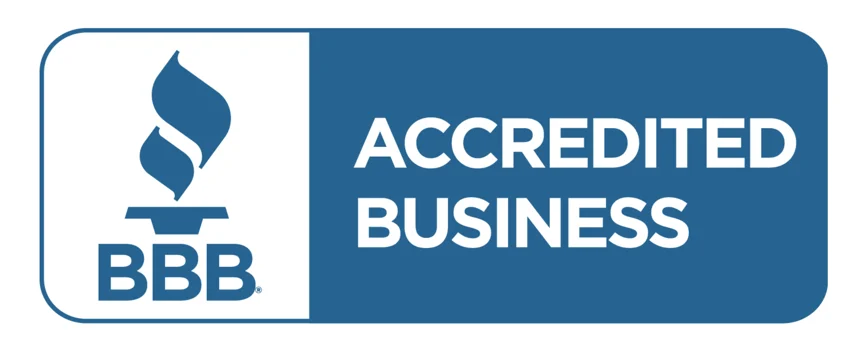Second mortgages are a type of lien used on a property that is already attributed to a loan. They can be beneficial tools for some homeowners and a huge risk for others. If you’re considering a second mortgage on your home, it’s important to be prepared for what it means for your home and your financial future.
Here’s everything you need to know about a second mortgage, including what it is and how a second mortgage works.
What Is a Second Mortgage?
A second mortgage, similar to a traditional mortgage, is a loan that is taken out against your home as collateral. Since it is taken out after the purchase loan, it’s called a second mortgage. A second mortgage is also second in line to be repaid if your home is sold in the foreclosure process.
Some homeowners may be interested in taking out a second mortgage if they need to free up money to pay for things like unexpected repairs, bills, or fees. While taking out a second mortgage may be an option for many homeowners, it also comes with risks that are important to understand before making this financial decision.
Let’s look at how a second mortgage works, some of the pros and cons of this type of loan, and some other options that may work for you if a second mortgage doesn’t feel right.
How Does a Second Mortgage Work?
A second mortgage works by borrowing based on the home equity you have accrued. Home equity is the value of the home you own. When you have a mortgage on your home, you don’t technically own all of it, so the part that you do own (equity) is the part of the mortgage you have paid off. Keep in mind, this doesn’t include interest, which makes up a significant portion of your mortgage payment.
How Do You Build Home Equity?
Equity can be accrued in a few ways. First, if your home’s value increases over time, so does your equity. This can happen if you make improvements to your home, or the real estate market in your area becomes more lucrative and your home’s value appreciates. Also, when you make payments on your mortgage, you will own a larger percentage of your home, so the total equity you have will increase.
Similarly, if your home’s value decreases over time or you take out more loans against your home (reducing the percentage you own) your home equity decreases.
What Does a Second Mortgage Look Like?
When your lender grants a second mortgage, it will typically be a percentage of your home equity (on average, 20 percent). The second mortgage can take a few different forms. It can either be granted as a lump sum or a revolving line of credit.
Second Mortgage Lump Sum
The home equity loan can be given as a lump sum for you to spend as you wish. Second mortgages can be used in an almost infinite number of ways – to pay for repairs to your home, pay off credit card debt, or pay tuition fees. When you receive the lump sum, you will begin making monthly payments toward resolving the debt, with interest of course. This is an additional payment to that of your “first” mortgage, or purchase loan.
Second Mortgage Line of Credit
A home equity line of credit works similarly to a credit card, your loan amount is stated as the credit limit and you can borrow against that amount. Whatever you borrow is what you pay interest on and repay — so if you only use 5,000 of the 10,000 limit, you will make payments on the 5,000. You can make as many withdrawals as you want up to the credit limit. Once the borrowed amount is repaid, you can withdraw the full 10,000 limit again.
Pros and Cons of a Second Mortgage
While a second mortgage can free up your home’s equity into funds you can use right now, it could put you in a difficult financial position. Before taking out a second mortgage on your home, consider the pros and cons of this important decision.
Pros of a Second Mortgage
- Lower interest rates than credit cards: due to the high value of your home, your interest rates for a second mortgage will likely be significantly lower than your credit card interest rates. For this reason, many people use a second mortgage to pay off their credit card debt, and then repay the second mortgage over the loan term.
- Flexible uses: With a second mortgage, you are not restricted to using the loan amount in any way. You can spend the money on almost anything — as long as you’re able to pay it back with interest over the agreed period of time.
- Higher loan amounts: A second mortgage allows you to borrow more than you could usually get from a loan without using your home as collateral. Because homes are typically worth a significant amount of money, there is more collateral to borrow against, giving you a higher loan amount.
Cons of a Second Mortgage
- Higher interest rates than refinancing: Because there is less collateral than your original home loan, second mortgage interest rates will be higher than those of your original mortgage. If refinancing isn’t an option, you may still be able to take out a second mortgage.
- Financial Strain: A second mortgage requires an additional mortgage payment to your current monthly bills, which could put a strain on your finances, especially if you’re taking out the second mortgage to cover previous debt, or find it difficult to meet your original mortgage payments.
- Higher risk of foreclosure: If you stop making payments on any of your mortgages, you enter the foreclosure process. With the additional strain of a second mortgage, there’s a higher risk of foreclosure. This is why it’s not a good idea to use a second mortgage to pay for living expenses or costs — even for your first mortgage — as this method of spending is not sustainable and will likely result in losing your home.
Alternatives to a Second Mortgage
Is a second mortgage really the best way to accomplish your goals? If the risk of a second mortgage isn’t appealing to you, you may still have other options available for freeing up some extra cash flow from your home. As an alternative to a second mortgage, you could discuss refinancing your mortgage with your lender, or consider selling your home to resolve debt, get out of a troublesome mortgage, or free up the available capital locked in your home.
Refinancing Your Home Loan
When you refinance your home loan, you discuss your loan terms with your lender. They may be able to repackage your home loan with lower interest rates, or a longer loan term, depending on your needs. With a refinanced loan, the new loan takes the place of your existing mortgage. This is a great way to save a little money without having to assume the risks of a second mortgage.
Sell Your Home to a Real Estate Investor
If refinancing isn’t an option, or you’re having trouble making payment on your original purchase loan, a second mortgage isn’t going to help you resolve your financial problem. The best thing you can do with a home you cannot comfortably afford is to sell it and look for another that better fits your financial needs. When you sell your home, the sale will pay off the original mortgage, and you will have cash left over you can use to purchase another home, or pay off other debts or costs.
For a simple, hassle-free sale, you can sell your home to a real estate investor. When you sell to a real estate investor, they will assess your home based on its current condition and make you a fair cash offer based on its market value. With this type of sale, you don’t have to make any repairs, prepare your home for the market, or hire a Realtor. Best of all, in as few as five days, you could have your home sold and liquidate the equity locked in your home for use however you see fit.
If you’re considering taking out a second mortgage on your home, it’s important to take time to really think about it. If your finances might be better served by getting out from under a troublesome house, the Hometown Development team can help. Give us a call to learn more about your options today.









